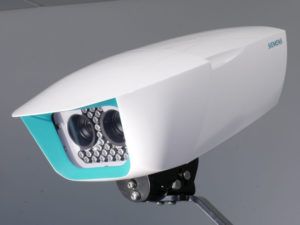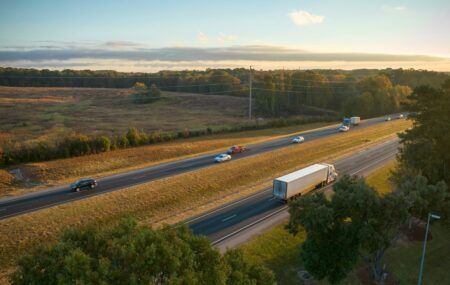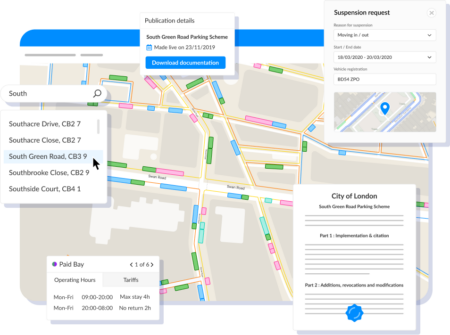Siemens Mobility’s UK division has been awarded a contract to design, supply and install an automatic license plate recognition (ALPR) camera-based monitoring and enforcement solution across Birmingham’s clean air zone (CAZ) in the city center.
The introduction of the CAZ has been designed to improve air quality across the city center, by discouraging the most polluting vehicles from entering the zone. The new CAZ is expected to be fully operational around July 2020 and will cover all Class D vehicles, that is buses, coaches, taxis, private hire vehicles, light and heavy goods vehicles and cars, albeit with certain exemptions. Siemens has worked closely with Birmingham City Council, the UK Department for Transport’s (DfT) Joint Air Quality Unit and the other program partners to develop a robust and reliable system that will cover all the major routes within the Middleway Ring Road, but not the Middleway itself. The system will work alongside an existing Siemens ALPR camera system that currently monitors and enforces use of the city’s bus lanes within the city boundary.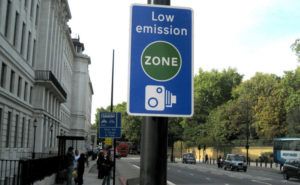
Siemens’ proven Sicore II ALPR cameras will be installed at carefully selected locations across the city. The cameras will identify and register every vehicle that enters the zone, 24 hours a day, 365 days a year. It is anticipated that the system will capture details of around 200,000 vehicles per day, a small percentage of which are expected to be contraventions. The information captured by the cameras will then interface with the UK government’s new national clean air zone database for vehicle checking and payment.
Siemens’ Sicore ALPR cameras are proven in applications worldwide, with the ability to provide three-lane coverage with just a single camera, industry-leading image quality and number plate read accuracy. The system provides effective and robust enforcement, with its advanced technology and ease of installation making it cost-effective for residential, city, rural and motorway environments.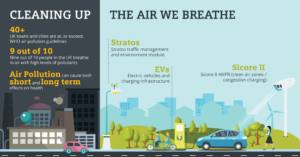
“These cameras will play a key role in helping us to identify non-compliant vehicles entering the Clean Air Zone, which in turn will help us tackle the major public crisis of poor air quality by discouraging the owners of the most polluting vehicles from driving into the city center,” explained Waseem Zaffar from Birmingham City Council. “However, we anticipate that the number of non-compliant vehicles entering the Clean Air Zone will gradually drop as more people switch to compliant vehicles or choose cleaner, greener forms of transport instead.”
Wilke Reints, managing director of ITS for Siemens Mobility in the UK, said, “Having worked with the team in Birmingham from the very early design stages of this program, we are delighted to be now working towards live testing in September and then full implementation in 2020. Our focus on digitalization means we are making mobility infrastructure and networks more intelligent and ultimately delivering an enhanced experience for road users and city dwellers. The CAZ for Birmingham is a perfect example, with the solution building on our extensive experience with similar schemes both in the UK and internationally.”
Images: AdobeStock, Siemens Mobility
